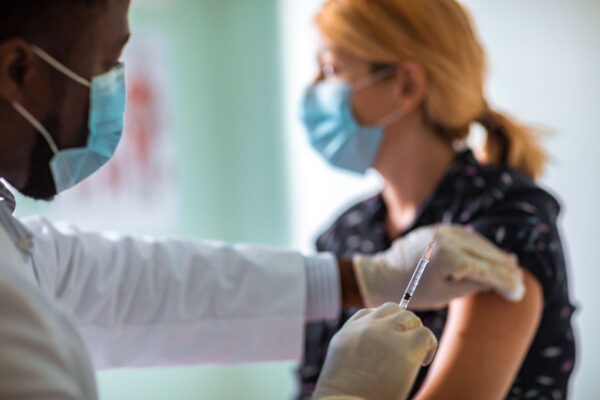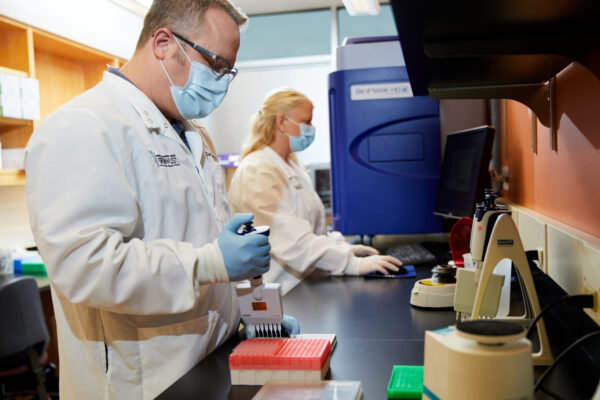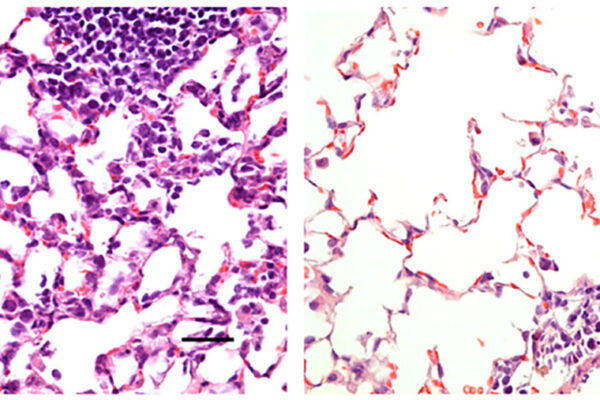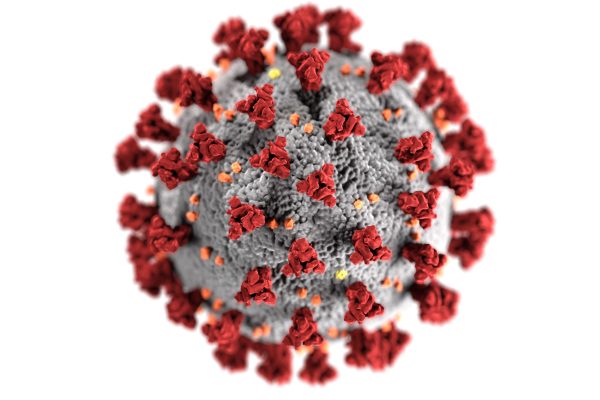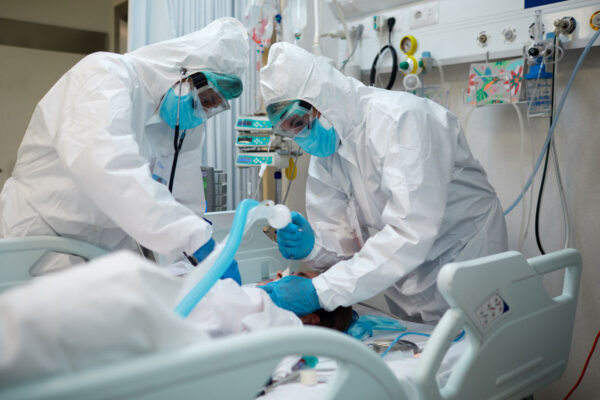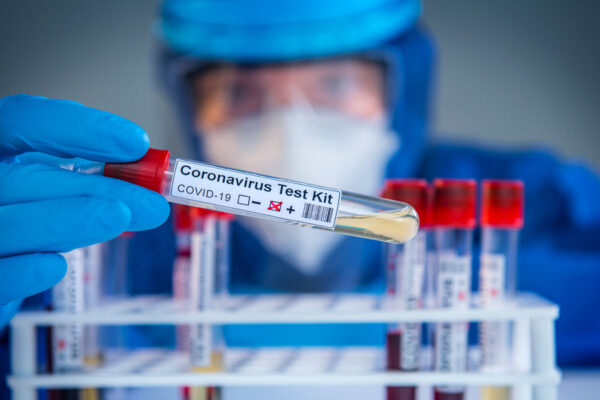Divided Bodies
Lyme Disease, Contested Illness, and Evidence-Based Medicine
In Divided Bodies, Abigail A. Dumes offers an ethnographic exploration of the Lyme disease controversy that sheds light on the relationship between contested illness and evidence-based medicine in the United States.
Study provides insight on how to build a better flu vaccine
Repeated exposure to influenza viruses may undermine the effectiveness of the annual flu vaccine. A team of researchers led by Washington University School of Medicine in St. Louis has developed an approach to assess whether a vaccine activates the kind of immune cells needed for long-lasting immunity against new influenza strains. The findings could aid efforts to design an improved flu vaccine.
Identifying emerging diseases focus of new international collaboration
The School of Medicine is one of 10 sites and a coordinating center forming the Centers for Research in Emerging Infectious Diseases, funded by the National Institute of Allergy and Infectious Diseases, part of the National Institutes of Health (NIH).
Washington University develops COVID-19 saliva test
Washington University School of Medicine in St. Louis has developed a saliva-based test for COVID-19 that is faster and easier than the swab tests currently in use. The test could help simplify and expand the availability of COVID-19 diagnostic testing across broad populations.
Nasal vaccine against COVID-19 prevents infection in mice
Washington University School of Medicine scientists have developed a vaccine that targets the SARS-CoV-2 virus, can be given in one dose via the nose and is effective in preventing infection in mice susceptible to the novel coronavirus.
Reimagining public health in aftermath of COVID-19
COVID-19 caught public health systems in the U.S. unprepared to detect, track and contain the virus. The pandemic has exposed a multitude of deficiencies that require a wholesale reinvention of the field of public health, said four leading experts in a recently published essay.
Over 60% of public schools are within 1,000 feet of tobacco retailers
Across 30 major U.S. cities, an average of 63% of public schools are located within 1,000 feet — about two city blocks — of a store selling tobacco and e-cigarette products, according to a comprehensive new study mapping tobacco retailers.
Clinical trial focuses on reducing overactive immune response in COVID-19
School of Medicine researchers are investigating whether a drug approved by the Food and Drug Administration to treat rare diseases of an overactive immune system could help critically ill patients hospitalized with COVID-19.
Vaccine prevents pneumonia, elicits high levels of protective antibodies
Researchers at Washington University School of Medicine in St. Louis have created a COVID-19 vaccine candidate from a replicating virus. This experimental vaccine has proven effective at preventing pneumonia in mice.
Washington University, St. Louis County collaborate on COVID-19 survey
Up to 5,000 St. Louis County residents will be invited to participate in a survey and testing regarding COVID-19 to help gauge the impact the coronavirus has had on the county’s residents. Washington University in St. Louis and the St. Louis County Department of Public Health are leading the project.
Older Stories

